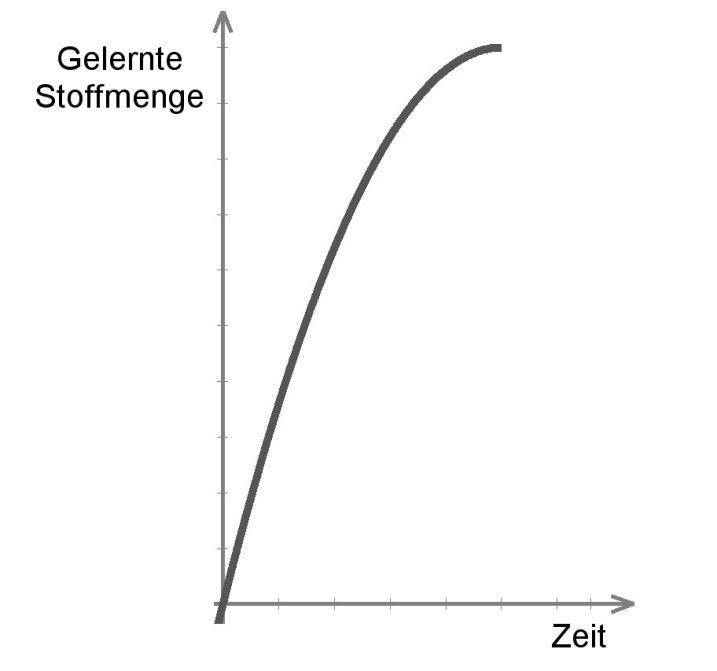“Researchers have found that those who have made a strong commitment to an identity tend to be happier and healthier than those who have not. Those with a status of identity diffusion tend to feel out of place in the world and don't pursue a sense of identity.”
Kendra Cherry,
Identity Crisis - Theory and Research
Throughout all of this, I have had several moments of clarity…perhaps it would be more accurate to describe the latest as my great epiphany…not my discovery that industrial rolls of HP print paper are cheaper by the foot than the ALEX or Crayola brands that also fit the Potterybarn Kids Craft Table…it is rather my realization that, although I may continue to rely heavily on the skill sets I learned and honed in my previous jobs; I am really missing out on a tremendous amount of joy and closeness with my daughter by selfishly treating the responsibility of being her full-time father like a professional pursuit or project that could be mastered. I am realizing the necessity of committing to my new identity half-way through my year “sabbatical” of being a stay-at-home dad. Although I am grateful for this break-through, I can’t help but think of how short a window you have to assume a completely new identity …and by the time you figure things out, you may just miss it all. I gave everything I had but confident that I missed-out on a lot in the beginning. Sometimes I wonder if my learning curve would have been shortened if I had a father (as many women have mothers) to turn to…or any other man, similarly engaged, who was able to share their wisdom derived from a similar experience. I spoke to my mom yesterday who told me, once again, that “…it goes by in the blink of an eye.” Only this time I understood. My mom continues to comfort me with her ability to commiserate, understand, laugh with, support and encourage me. I will tell her, today, that she is the reason I have so much to give my daughter and motivates me to share this diary in hope that I can shorten the learning curve for at least one other like-minded former working dad.
The following is an edited excerpt taken from: http://psychology.about.com/od/theoriesofpersonality/a/identitycrisis.htm
According to Erik Erikson, an identity crisis is a time of intensive analysis and exploration of different ways of looking at oneself… His studies of cultural life among the Yurok of northern California and the Sioux of South Dakota helped formalize Erikson's ideas about identity development and identity crisis.
Erikson described identity as "a subjective sense as well as an observable quality of personal sameness and continuity, paired with some belief in the sameness and continuity of some shared world image. But it was James Marcia (1966, 1976, 1980) who expanded upon Erikson's initial theory. According to Marcia and his colleagues, the balance between identity and confusion lies in making a commitment to an identity. Marcia also developed an interview method to measure identity as well as four different identity statuses. This methods looks at three different areas of functioning: occupational role, beliefs and values and sexuality.
Identity Statuses
Identity achievement occurs when an individual has gone through an exploration of different identities and made a commitment to one.
Moratorium is the status of a person who is actively involved in exploring different identities, but has not made a commitment.
Foreclosure status is when a person has made a commitment without attempting identity exploration.
Identity diffusion occurs when there is neither an identity crisis or commitment.
Researchers have found that those who have made a strong commitment to an identity tend to be happier and healthier than those who have not. Those with a status of identity diffusion tend to feel out of place in the world and don't pursue a sense of identity.
In today's rapidly changing world, identity crises are more common today than in Erikson's day. Exploring different aspects of yourself in the different areas of life, including your role at work, within the family, and in romantic relationships, can help strengthen your personal identity.


